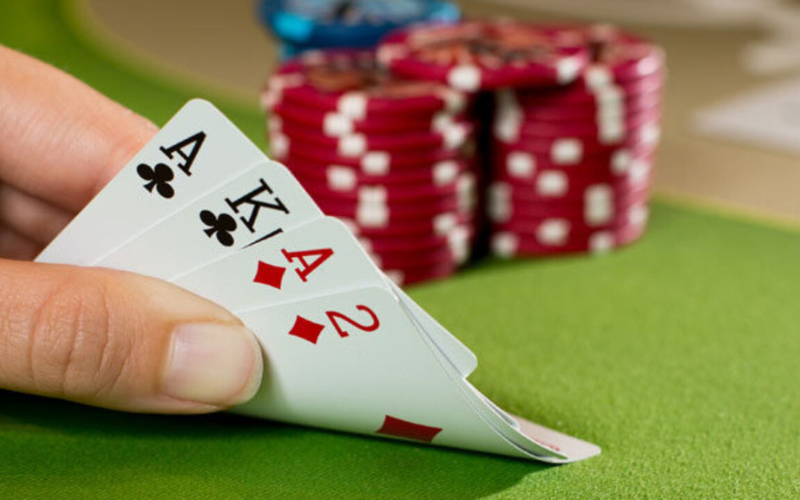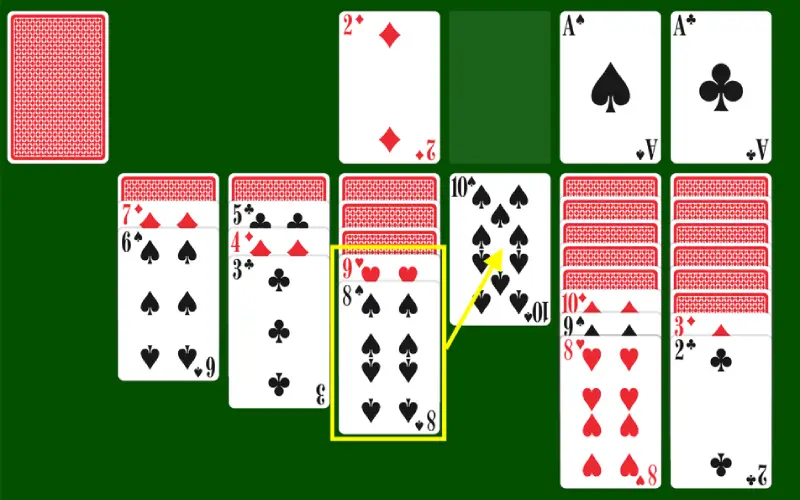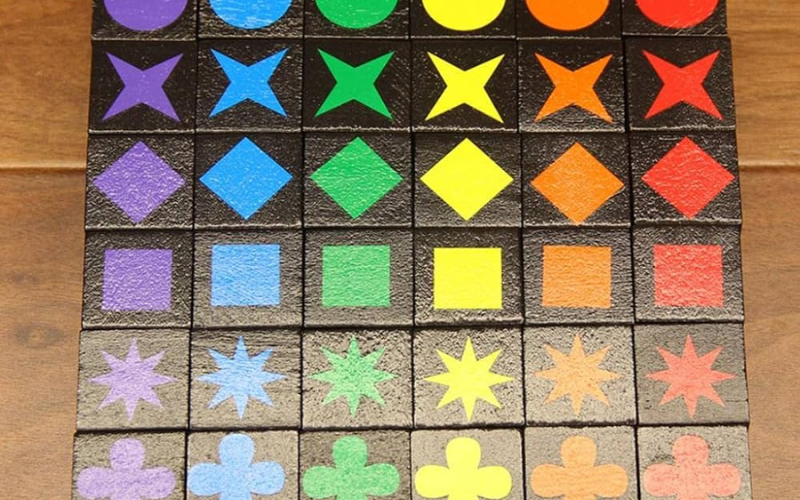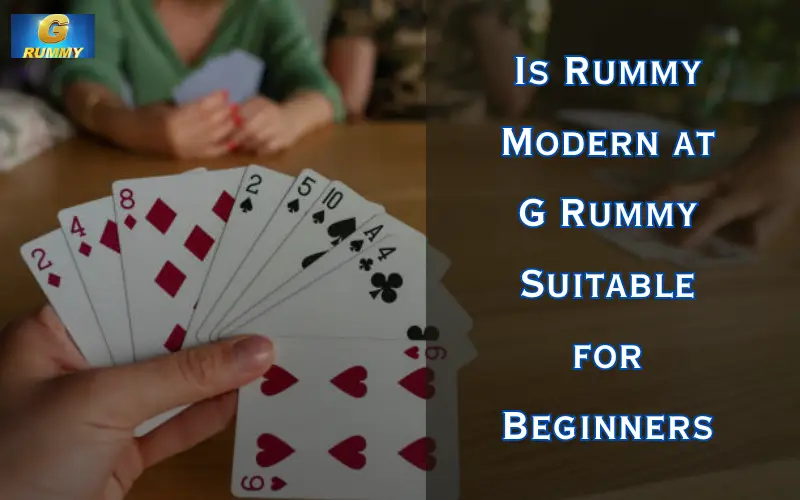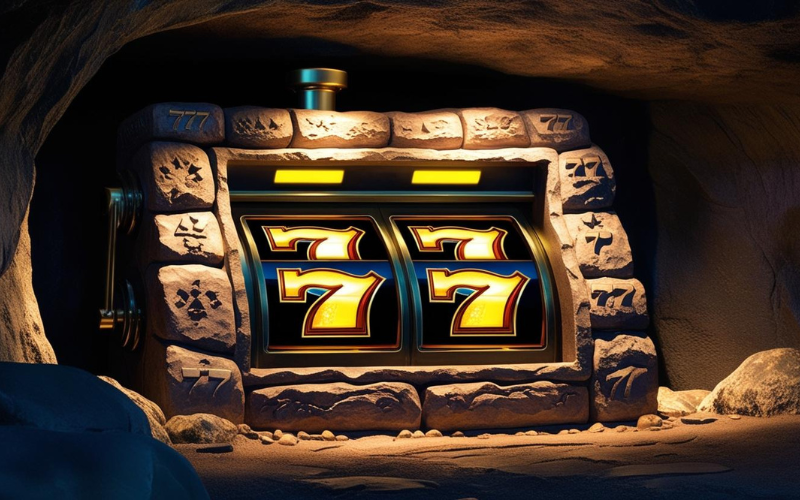Real cash poker offers an exciting opportunity to earn money while playing a thrilling and strategic game. If you’ve ever played poker for fun or in a friendly competition, you already know the basics. But playing for real cash introduces new dynamics that make the game even more exciting. Understanding how to approach real cash poker is essential, whether you’re a beginner or have some experience.
Understanding Real Cash Poker Basics

Real cash poker is a variation of traditional poker where players compete to win real money. The game follows similar rules to the recreational versions, but the stakes are higher, and every move matters more. You must understand the foundational rules, the poker hand rankings, and the general flow of the game. This is where terms like the “flop,” “turn,” and “river” come into play, marking critical stages in each round.
The Objective
The goal of real cash poker is simple: form the best hand or use strategic betting to force opponents to fold. Whether you are playing Texas Hold’em, Omaha, or other variations, the essence remains to outsmart your opponents. This focus on strategy makes the game rewarding and intense, especially when real money is involved.
Key Strategies for Real Cash Poker Success
To become successful in real cash poker, you must develop a thoughtful and strategic approach. Let’s look at some important strategies to improve your gameplay.
Master Your Starting Hands
One of the first things to learn is which hands are worth playing. Not every hand is created equal. Strong starting hands, like pairs of aces or kings, give you a better chance of success. When you have weak cards, folding is often the smartest move to avoid losing real money.
- Top Hands to Play: Aces, Kings, Queens, Ace-King suited.
- Hands to Avoid: Weak off-suited cards or low-value hands unless you’re in the right position.
Understanding the strength of your starting hand will help you make informed decisions and minimize risks.
Positional Awareness
Your position at the poker table can significantly impact your strategy. When you are in a late position, you can observe your opponents’ moves before making your own, giving you a strategic advantage. On the other hand, an early position means you must act without as much information.
- Early Position: Play strong hands only.
- Middle Position: Open up slightly, but still be cautious.
- Late Position: Play more hands and even bluff if the situation is favorable.
Mastering positional awareness is a crucial part of real cash poker and can save or earn you a lot of money over time.
Risk Management in Real Cash Poker
Managing your bankroll is essential when playing poker for real cash. Risk management ensures that you can continue playing without quickly losing your funds.
Set a Budget
Always decide how much money you are willing to spend before you start playing. Setting a budget will keep you from making impulsive decisions that could lead to losses you cannot afford.
- Allocate a specific amount for each game.
- Stick to your pre-determined limit no matter what.
By following a budget, you can enjoy real cash poker responsibly and minimize financial stress.
Avoid Going “On Tilt”
Going “on tilt” is a term used to describe emotional reactions that cloud your judgment. It often happens when players experience a significant loss or a series of bad beats. When you are on tilt, you are more likely to make irrational decisions, such as betting too much or chasing losses.
- Take breaks if you feel frustrated.
- Practice deep breathing to calm your nerves.
- Remember, losing is part of the game; it’s how you manage it that matters.
Controlling your emotions is essential for long-term success in real cash poker.
Bluffing and Reading Opponents
Bluffing is an art in poker. In real cash poker, knowing when and how to bluff can be a game-changer. But it’s equally important to recognize when someone else is bluffing.
Timing Your Bluffs
Bluffing should be strategic and sparingly used. Bluffs work best when your table image supports it or when you have observed a pattern in your opponents’ behavior.
- Semi-Bluff: Bluffing when you have some outs to improve your hand.
- Pure Bluff: Betting with no potential to improve, relying entirely on your opponents folding.
Remember, successful bluffing relies on the story you tell through your betting patterns.
Observing Opponent Behavior
Being observant is a massive advantage in real cash poker. Watch how your opponents play. Do they raise frequently? Are they cautious or aggressive? Picking up on these habits can help you predict their moves and adjust your strategy accordingly.
- Take note of betting speeds and patterns.
- Watch for physical tells if playing in person.
- Remember, online poker also has patterns, such as the time taken to make decisions.
The more you practice reading opponents, the better you’ll become at predicting their actions and making your moves accordingly.
Common Mistakes to Avoid in Real Cash Poker
Playing real cash poker is not without its challenges. Many players make mistakes that cost them money. Avoiding these errors will improve your chances of winning.
Playing Too Many Hands
One common mistake is being too eager to play every hand. It’s tempting to stay involved, but being selective is crucial. Playing too many hands spreads your chips thin and increases your chances of losing.
- Fold more often than you think.
- Wait for strong opportunities to invest your money.
Ignoring Pot Odds
Pot odds help you decide whether a call is worth making based on the potential payoff. If the pot odds aren’t favorable, it’s often better to fold, even if you have a decent hand.
- Calculate quickly: Compare the size of the pot to the size of the bet.
- Understanding these odds will help you make profitable decisions in the long run.
See more: Slots India – Play Exciting Slots with Big Wins at Grummy
Conclusion
Real cash poker is more than just a game of chance; it’s a battle of wits and strategy. By learning key concepts such as managing your bankroll, understanding pot odds, and reading your opponents, you increase your chances of success. Remember, the thrill of the game lies not only in winning money but also in mastering the art of poker. Play smart, stay calm, and enjoy the experience.

